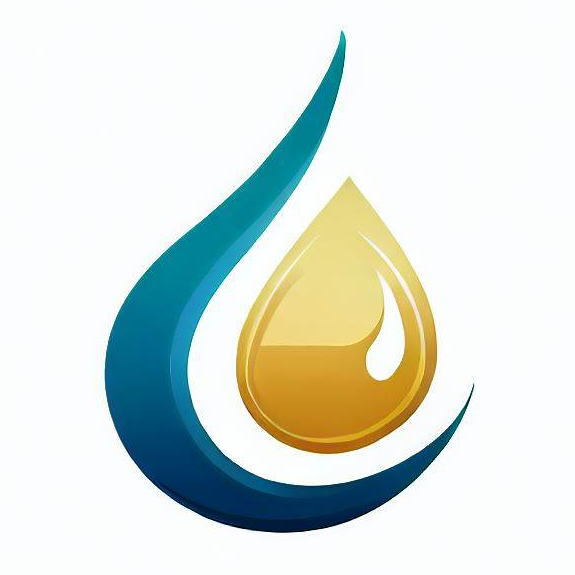Is diesel different from petrol?
Yes, diesel is different from petrol. Diesel is made up of only alkanes, which are hydrocarbons with single bonds between carbon atoms. Diesel contains hydrocarbons with 12 or more carbon atoms per molecule, such as dodecane, tetradecane, hexadecane, etc. On the other hand, petrol is made up of alkanes and cycloalkanes, which are hydrocarbons with single bonds between carbon atoms. Petrol contains hydrocarbons with 5 to 12 carbon atoms per molecule, such as pentane, hexane, heptane, octane, etc.
What are the cons and pros of petrol with ethanol?
Pros:
- Cleaner Burning: Ethanol reduces greenhouse gas emissions compared to pure petrol.
- Renewable: Ethanol is made from renewable resources like corn or sugarcane.
- Higher Octane Rating: Ethanol boosts octane levels, improving engine performance.
Cons:
- Lower Energy Density: Ethanol has less energy per gallon, reducing fuel efficiency.
- Engine Compatibility: Higher ethanol blends can damage engines not designed for it.
- Food vs. Fuel: Ethanol production can drive up food prices by diverting crops.
What are the cons and pros of Higher Octane Petrol?
Pros of Higher Octane Petrol:
- Prevents Knocking: Reduces engine knocking, improving performance in high-compression engines.
- Better Efficiency: Allows for more efficient combustion in performance-oriented vehicles.
- Enhanced Power: Suitable for turbocharged and high-performance engines.
Cons of Higher Octane Petrol:
- Higher Cost: More expensive than lower-octane fuels.
- Unnecessary for Some Engines: Offers no benefit for engines designed for lower octane, wasting money.
- Availability: Less common in some areas compared to regular octane fuel.
Here are some interesting facts about petrol usage:
Global Consumption: The world consumes over 90 million barrels of oil per day, with petrol accounting for a significant portion of that. The U.S. alone uses about 20 million barrels daily.
Octane Ratings: Petrol’s octane rating, which measures its ability to resist knocking, varies around the world. In Europe, the standard petrol is typically 95 octane, while in the U.S., it’s around 87.
Lead in Petrol: Leaded petrol, once widely used to improve engine performance, was phased out in most countries by the 2000s due to its toxic effects. Algeria was the last country to stop using it in 2021.
Fuel Economy Improvements: Since the 1970s, advances in engine technology and fuel formulations have nearly doubled the average fuel economy of cars, reducing overall petrol consumption.
Ethanol Blends: Many countries now blend ethanol with petrol (e.g., E10 or E85) to reduce greenhouse gas emissions and dependence on fossil fuels, though this can impact engine performance and fuel efficiency.
Oil Reserves: Despite concerns about peak oil, proven global oil reserves are still substantial, with enough to last for several more decades at current consumption rates. However, the push for renewables is accelerating.
Petrol vs. Diesel: Diesel engines are generally more fuel-efficient than petrol engines, but petrol engines are lighter and tend to offer better acceleration and performance in smaller vehicles.
